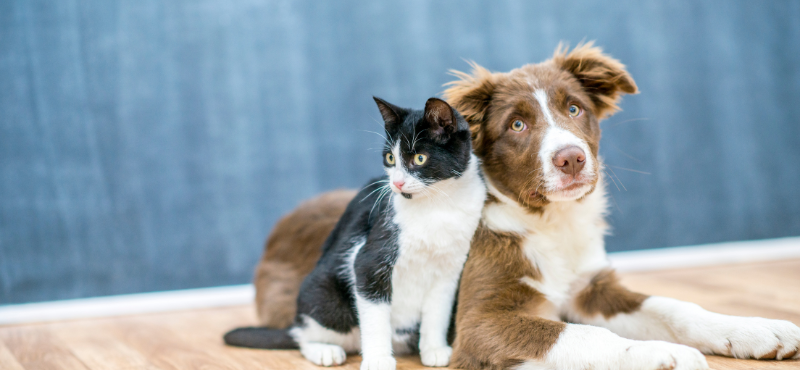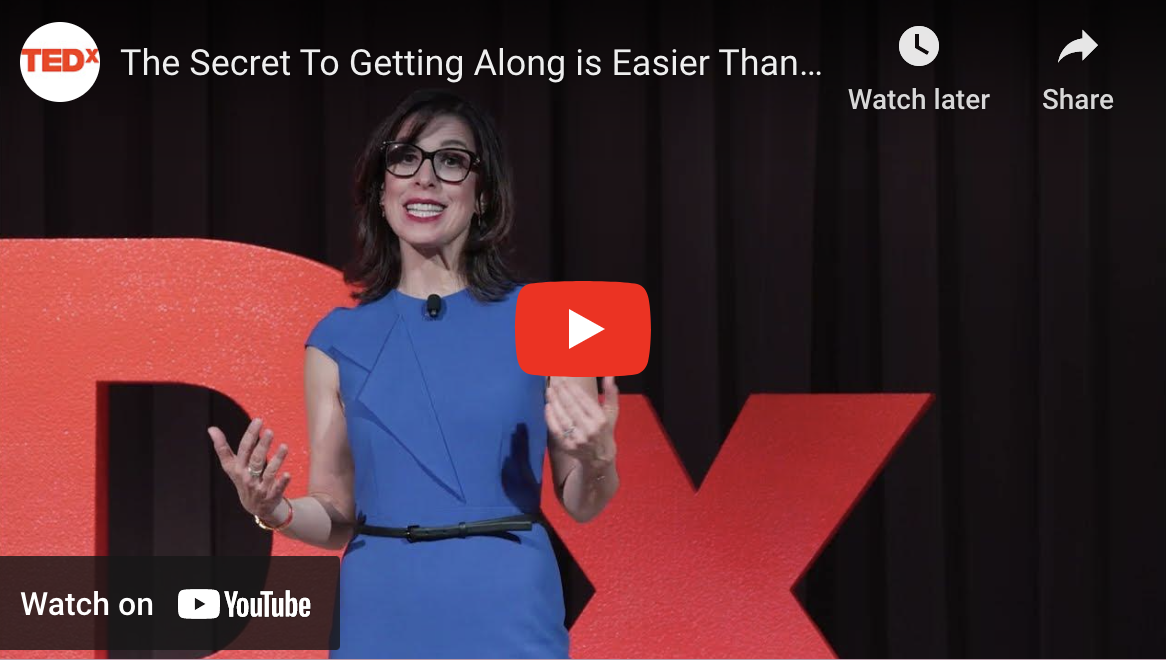Who Gets the Dog in A Divorce: Pet Custody Tips

As any pet owner knows, our furry friends are much more than just animals – they are our companions and family members.
So, when a relationship ends, it’s not just the humans involved who suffer. Pets, just like children, can easily get caught in the middle of a divorce or breakup, and the future consequences can be devastating.
While some couples can work together and ultimately agree about joint custody or who will get primary custody of the pets with visitation, others are not so lucky. In some cases, pets are treated like property. They are handed over to one person (or the other) without thought for their present and future needs or feelings. The adage I like to use when people or courts do this is, “Unfortunately your pet does not hate your ex.”
Separating a pet from one of its owner/parents can be extremely harmful to both the pets and the humans involved. Pet parents and pets can become depressed or anxious when separated, leading to emotional issues for people and behavioral problems with pets. For the humans in such relationship breakups, losing a pet can be just as devastating as losing a child.
It doesn’t have to be this way.
That’s why it’s so important for couples with pets to sit down while they still like each other and make agreements on how they will share the pets in the future if a breakup occurs.
If they do this, there is more trust in the discussion about the pet’s care and less anger toward the other person filters into the discussion. A prenup for a pup, cat, bird, or horse helps keep the pet’s best interest at the forefront of the best interests discussion. Once you are going through a divorce or breakup, emotions may taint how you look at your ex and their access to the pet.

When you are breaking up with pets, the imperative is to assure that the pets are taken into account neutrally. Here are a few things to keep in mind if you’re facing this situation.
1. Appreciate and acknowledge that both parties love the pet in their own way.
No one party has the entire love of the pet. Yes, the pet will gravitate to one party when both are in the room. Yet, this is not dispositive of the best or only parent. Remember, when that parent is gone, the pet showers all their affection on the other parent.
2. Try to reach an agreement with your ex about shared custody of the pets.
Shared custody is best; just not a week on, a week off. A pet needs to settle in and relax during a visit. Always recommend several months or seasonal exchanges. If you can’t come to an agreement, consider bringing a mediator or collaborative law professional into the discussion to assist you in finding the better outcome for you and the pet.
3. Memorialize any agreement you reach in writing and have it signed by both parties.
This will help prevent disputes from arising down the road. Make sure the intent of the agreement is stated upfront so if/when a disagreement arises, you recall how the agreement was reached and what you were trying to accomplish for the well-being or best interests of your pet.

4. Carefully think about your pets’ needs.
One of the most important things you will do is consider your pets’ needs, now and later, when making any decisions.
For example, if one person now needs to live in a no-pet building, it might not be in the pet’s best interest to live full time with that person, yet it could visit on vacation. If the party moves to a pet-friendly apartment, adjustments can be made in visitation. If veterinary issues arise, how will both parties become aware and assist in reaching a treatment decision they can afford?
5. Make sure you allow or plan for the return of the pet to the non-custodial parent if the custodial parent cannot care for it.
Death, disability, disease, job loss, and dementia are just a few reasons a custodial parent may not be able to care for the pet. Many pets end up in shelters after a difficult breakup because there was no clear communication about future placement between the exes. This plan should cover catastrophic communication nd financial responsibilities if one party cannot afford to pay for the pet’s medical needs on their own.
Finally, remember that pets are family.
They deserve to be treated with love and respect. Please do not use them as bargaining chips in a divorce or breakup. With some early thought and consideration, you can ensure that your beloved pet’s best interests are considered as you prepare to care for them, no matter what happens to your relationship.

About the Author
Debra Vey Voda-Hamilton has focused her practice on alternative dispute resolution, restorative justice, integrative law, and mediation to resolve disputes between people involving animals. Hamilton ADR-NC (HADRNC), [formerly Hamilton Law and Mediation, PLLC] is the premier solo mediation practice that is dedicated to helping people resolve conflicts involving animals in a restorative manner for all.
She speaks worldwide, on the value of learning conscious communication skills when speaking about animals. The ability to have a conscious conversation with everyone involved in an incident diffuses difficult or dangerous situation in these important and changing times. Debra’s presentations enable people to recognize their own power of communication and the power of allowing communication for all sides to flow seamlessly. She illuminates, through examples, how transparency keeps everyone in the discussion feel valued.
Learn more about Debra
Debra is the go-to person for information involving conflicts over animals for the NY Times, Wall Street Journal, Reuters, Huffington Post and US News and World Report. Debra is the author of Nipped in the Bud, Not in the Butt: How to Use Mediation to Resolve Conflicts over Animals and co-author of Onward and Upward: A Guide For Getting Through New York Divorce & Family Law Issues.
You can reach her at dhamilton@hamiltonlawandmediation.com or at 914-552-5021.



About the Author
Debra Vey Voda-Hamilton has focused her practice on alternative dispute resolution, restorative justice, integrative law, and mediation to resolve disputes between people involving animals. Hamilton ADR-NC (HADRNC), [formerly Hamilton Law and Mediation, PLLC] is the premier solo mediation practice that is dedicated to helping people resolve conflicts involving animals in a restorative manner for all.
She speaks worldwide, on the value of learning conscious communication skills when speaking about animals. The ability to have a conscious conversation with everyone involved in an incident diffuses difficult or dangerous situation in these important and changing times. Debra’s presentations enable people to recognize their own power of communication and the power of allowing communication for all sides to flow seamlessly. She illuminates, through examples, how transparency keeps everyone in the discussion feel valued.
Learn more about Debra
Debra is the go-to person for information involving conflicts over animals for the NY Times, Wall Street Journal, Reuters, Huffington Post and US News and World Report. Debra is the author of Nipped in the Bud, Not in the Butt: How to Use Mediation to Resolve Conflicts over Animals and co-author of Onward and Upward: A Guide For Getting Through New York Divorce & Family Law Issues.
You can reach her at dhamilton@hamiltonlawandmediation.com or at 914-552-5021.


FOLLOW GABRIELLE


DISCLAIMER: The commentary, advice, and opinions from Gabrielle Hartley are for informational purposes only and not for the purpose of providing legal advice or mental health services. You should contact an attorney and/or mental health professional in your state to obtain advice with respect to any particular issue or problem.
- One Edgewater Plaza Suite 304, Staten Island, NY 10305
- 266 Smith Street, Brooklyn, NY 11231
Northampton MA
PHONE:
New York: (917) 905-4553
Boston: (413) 450-0420








